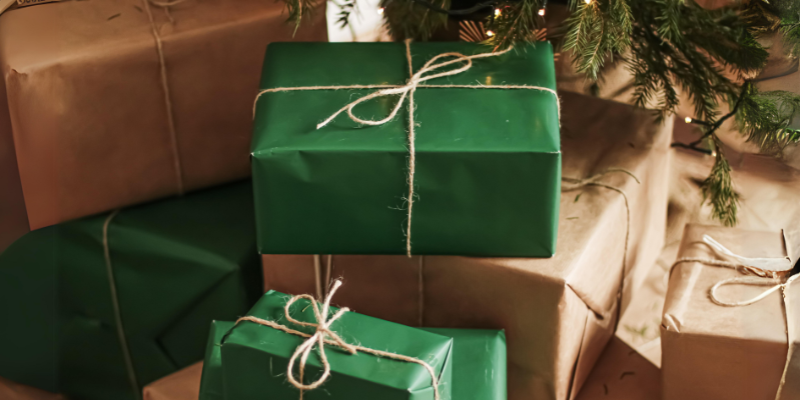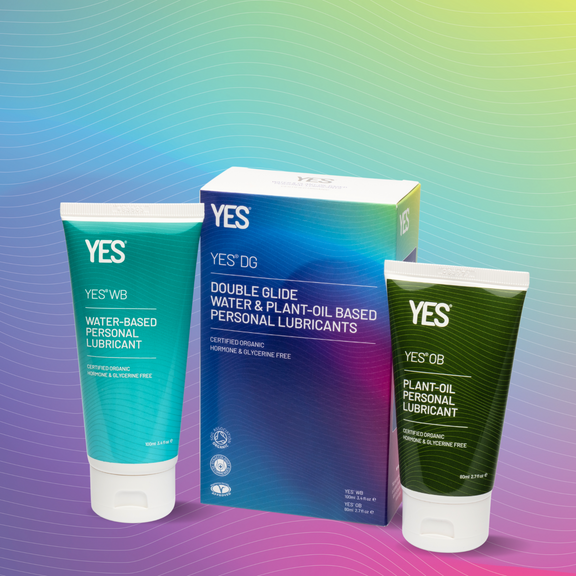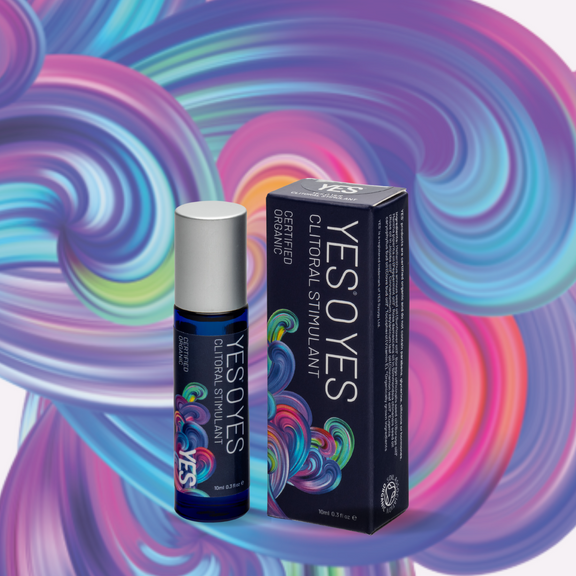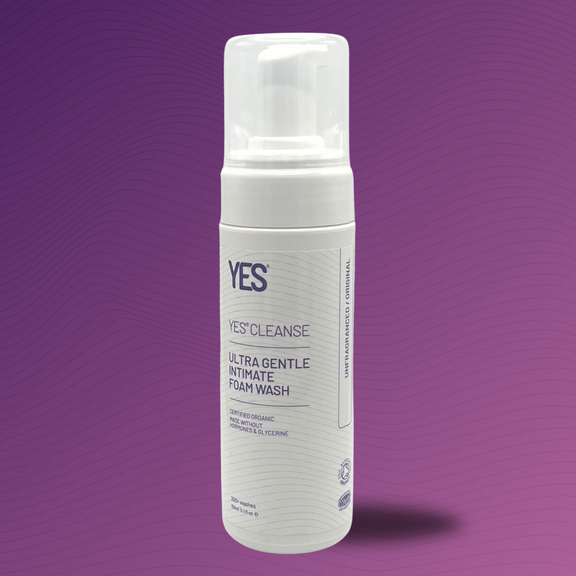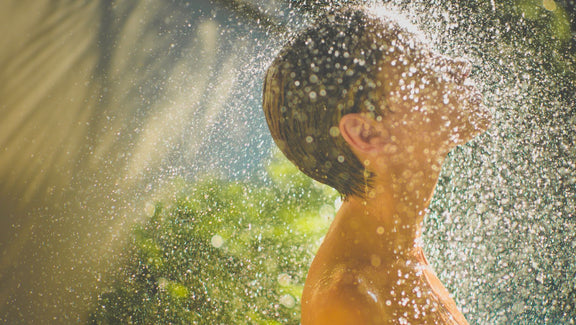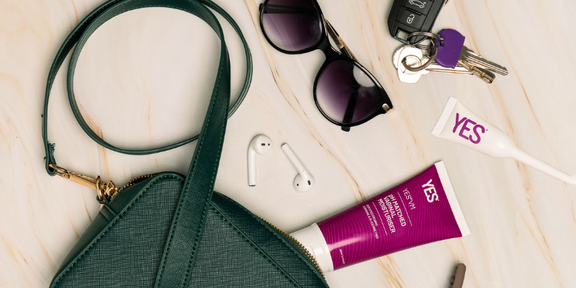Top Tips for a Sustainable Christmas
Christmas, ‘the most wonderful time of the year’, can often be the most wasteful time of the year. Don’t worry, we absolutely love Christmas so we don’t want to dampen your spirits. Having attended a recent talk by beauty brand BYBI, we were inspired to share a few of the facts we learnt about the environmental impact of our Christmas traditions and spending habits, and provide a few tips for having a more sustainable Christmas. Christmas is a time of year when quite often sustainability drops off of our radar… it’s easy to forget our footprint.
Have a tree-mendous Christmas
Did you know? Real trees are a more eco-friendly choice compared to artificial trees, as long as you consider where and how they have been grown. The British Christmas Tree Grower’s Association has over 400 tree growers listed who grow trees according to strict guidelines including using sustainable seeds and cultivation to respect local wildlife.<1> Buy a tree from a sustainable source. The Soil Association also certifies some trees as organic. No pesticides will have been used during growing. Look for a sustainable Christmas tree that’s been grown using fewer pesticides, your best bet is probably a Forest Stewardship Council (FSC®) certified tree. These will have been responsibly managed and grown using a minimal amount of pesticides. You can find your local tree here: https://www.forestryengland.uk/real-christmas-trees Make sure that you recycle your tree after Christmas. Most end up in landfill. In addition to this, there are also the options to rent a tree or buy a real live tree with roots so that you can replant it in your garden and repot again next year.
Too hot to candle
Fairy lights are a Christmas staple, but these eye-catching displays come with an environmental cost. If every UK household swapped a string of incandescent lights for its LED equivalent, we could save more than £11 million and 29,000 tonnes of CO2, just over the 12 days of Christmas. LEDs are much more environmentally-friendly than traditional twinkling incandescent lights because they use up to 80% less energy. At Christmas, the amount of light emitted from additional decorative fairy lights causes light pollution. According to Darksky.org, excessive artificial lighting disrupts nocturnal wildlife and ecosystems which rely on the Earth’s daily cycle of light and dark rhythm for behaviours such as sleep, reproduction and protection from predators. <2> Try by switching to LED lights – opting for solar-powered lights or ones with rechargeable batteries. You could also swap to using candles instead, but void paraffin candles which are made from petroleum residue. Candles that are made from soy, beeswax or natural vegetable-based wax are more eco-friendly as they are biodegradable and smoke-free. Check out our favourite soy-wax candles by the London Refinery.
It’s DIY time
With glitter, tinsel and plastic baubles often not being able to be recycled, using these staple Christmas decorations can have a big impact on the environment. Instead of buying new decorations each year, why not reduce waste by making your own from salt dough or paper? Even better, why not combine a winter walk with a foraging trip and pick some pine cones or mistletoe? Take a look at our favourite festive walks.
Get creative with your gift wrap
It’s thought that approximately 227,000 miles of wrapping paper is thrown away each year in the UK. 114,000 tons of plastic packaging is thrown away and not recycled, and 300,000 tons of card packaging is used during the festive season… That’s enough to cover Big Ben 260,000 times! A lot of wrapping paper contains non-recyclable materials such as foil, glitter or plastic, all of which cannot be recycled. Instead, why not use brown or recycled paper or even fabric knot wraps? Lush offer a fantastic variety of sustainably sourced, reusable Christmas gift-wrap alternatives – take a look!
Christmas thyme
Did you know that the average Brit spends over £40 in wasted food during the festive period? Collectively, we bin 230,000 tonnes of unneeded Christmas treats – the equivalent to 74 million mince pies or 2 million turkeys.<3> A way to think more environmentally conscious this Christmas is buying purchasing an organic turkey, buying locally and supporting small businesses and buying loose fruit and veg without the plastic wrapping. By only purchasing what you need and using a compost bin when necessary, you will contribute to a more sustainable Christmas.
Your outfit
Glitter and sequins galore appear for the festive season! Resist the temptation as they’re made from PVC and aren’t biodegradable.<4> Many of us buy a ‘new’ outfit each year or bring out the sparkles from the closet every Christmas. Instead, opt for sustainable materials, buy second-hand or rent an outfit. There is a myriad of websites out there these days that can aid your contribution towards a sustainable future. Check out these websites: Hurr Collective Our Closet
Gift responsibly
Rather than guess what your family and friends want for Christmas, why not ask them to provide you with a list of thing that they might want or need? By doing this, you can ensure that your gift doesn’t end up being re-gifted under your tree next year! Buying second-hand from charity shops or selecting gifts from brands with ethical values are also great to contribute to an eco-friendly festive season too. Gifting an experience is also fantastic! Research shows that experiences provide more lasting happiness than objects. Check out this gift guide for inspiration!
References
1. https://www.theguardian.com/environment/ethicallivingblog/2007/dec/12/toptipsforagreenchristmas
2. https://www.darksky.org/light-pollution/wildlife/
3. https://www.businessleader.co.uk/the-dark-environmental-impacts-of-our-christmas-season/57161/


